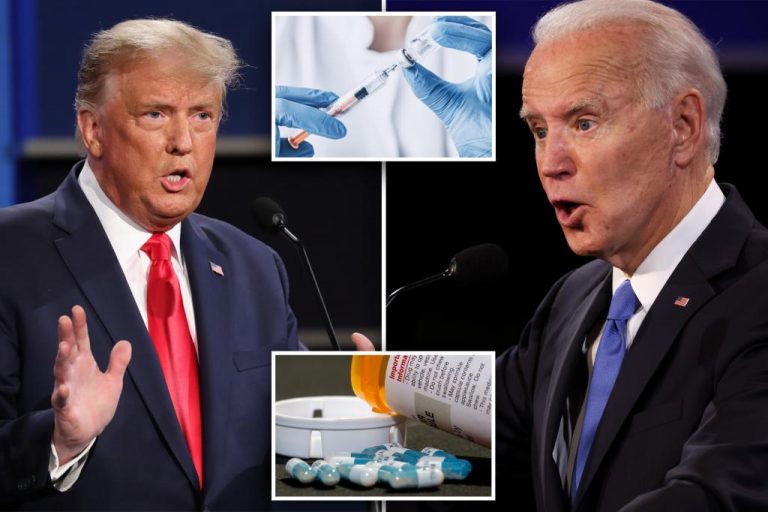How internet users have changed Trump campaign’s attacks on Tim Walz
Minnesota Governor Tim Walz has gained attention and sparked a debate after signing a bill that requires schools in the state to provide menstrual products to all menstruating students in grades 4 to 12. The law, which went into effect in January, aims to address period poverty and ensure that students have access to essential hygiene products.
The average cost of pads and tampons has been rising faster than the price of food in recent years, making it difficult for many students to afford these products. The bill was introduced in response to students expressing the importance of having access to menstrual products to support their education. It is a step towards creating a more inclusive and supportive environment for all students.
While some critics, including the Trump campaign, have labeled Governor Walz as “Tampon Tim” in an attempt to portray him as a far-left liberal, the response has been mixed. Supporters of the bill argue that it is a positive and necessary initiative to address the needs of menstruating students and combat period poverty.
Minnesota is not the only state to implement such measures, with 28 states already committed to providing menstrual products in schools by law or budgeting. Period poverty affects students nationwide, regardless of political affiliation, making it a pressing issue that requires attention and action.
Despite efforts to paint Governor Walz in a negative light, the nickname “Tampon Tim” has been turned into a positive meme by supporters of the bill. Many have expressed their support for Governor Walz’s decision to prioritize reproductive health and student welfare through this legislation.
Public figures, including Hillary Clinton, have voiced their approval of the bill and the advocacy behind it. The hashtag #tampontim has become a symbol of support for Governor Walz and his commitment to ensuring access to menstrual products for students.
Overall, the debate surrounding Governor Walz’s bill highlights the importance of addressing period poverty and supporting students’ basic needs to facilitate their academic success. Regardless of political motivations, initiatives like these are essential for creating a more equitable and inclusive educational environment for all students.








